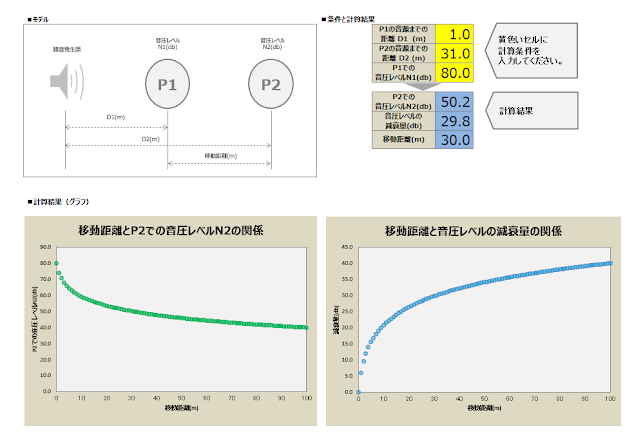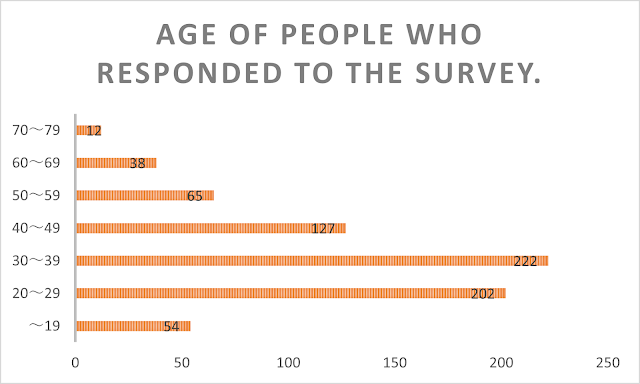Q. How does noise affect people's health? (Noise especially from schools)
Q. How does noise affect people's health? How can excessive noise from children impact the mental and physical health of individuals in the community? Are there any specific health risks associated with prolonged exposure to noise caused by children?
A. Noise can have a significant impact on people's health, especially when it comes to excessive noise from children within a community.
Decibels, the unit used to measure noise levels, play a crucial role in understanding these effects. For instance, a normal conversation typically ranges from 60 to 70 decibels, but sustained exposure to noise levels of 80-90 decibels can lead to hearing loss.
Research specifically focused on children's noise in schools reveals interesting findings. The Japanese Ministry of Education suggests that classroom noise levels should be below 50 decibels with windows closed and below 55 decibels with windows open. Although a difference of 5 decibels may seem insignificant, it's important to note that decibels increase logarithmically. Therefore, a sound at 60 decibels is ten times louder than one at 50 decibels.
In a study conducted by the Shiga University of Medical Science, it was observed that a first-grade classroom in an elementary school in Shiga prefecture had an average noise level of approximately 80 decibels. The noise level in a sixth-grade classroom during regular classes was around 70 decibels but rose to about 80 decibels during lunchtime.
Interestingly, using a noise pollution tool provided by a Japanese company, it was determined that the noise level at a point 30 meters away from the 80-decibel environment was approximately 50.2 decibels, equivalent to the noise level of a household refrigerator running. (*Image #1)
While some individuals may find the noise from nearby schools bothersome, there aren't many severe mental or physical health risks associated with it. However, prolonged exposure to excessive noise caused by children, particularly in educational settings, can still have an impact on the well-being and overall quality of life for individuals in the community.
*Image #1
Published by Rina
------------------------------------------------------------------------------------
Sources
"Decibel level comparison chart - Yale University", Yale University, (https://ehs.yale.edu/sites/default/files/files/decibel-level-chart.pdf), Accessed June 29, 2023
"【参考】学校環境衛生基準(平成30年文部科学省告示第60号)溶け込み版", Japanese Ministry of Education, Culture, Sports, Science and Technology, Published Mar 30, 2018 (https://www.mext.go.jp/content/20201222-mxt_kenshoku-100000613_05.pdf), Accessed June 29, 2023
"小学校教室内の音環境の調査", Shiga University of Medical Science, Published Jan 2002, (http://www.shiga-med.ac.jp/~hqpreve/kyouiku/socmed_fw/pdf/2001/2002_1.pdf), Accessed June 29, 2023
"騒音の距離による減衰", ソーチョー(日本騒音調査), Chiba Japan, (https://www.skklab.com/%E9%A8%92%E9%9F%B3%E3%81%AE%E8%B7%9D%E9%9B%A2%E3%81%AB%E3%82%88%E3%82%8B%E6%B8%9B%E8%A1%B0), Accessed June 29, 2023
"騒音の距離減衰のエクセルによる計算方法", ソーチョー(日本騒音調査), Chiba Japan, (skklab.com/archives/5444), Accessed June 29, 2023



I live next to an elementary school, so every day, I hear the bell ringing and the sounds of instruments. I feel that it is not the kids in the school that are the problem because I can hardly hear them unless they are having a swimming class or playing dodgeball for P.E, which I don't really mind. However, the sound of the bell and the music they play every day during lunch time is VERY disturbing!!
ReplyDeleteI like how you put many informative pictures on your blog, but it's a little too small to read. IDK if its possible but I recommend you make it bigger.
I decided to research the noise level of children's voices from schools, since that was one of the main reasons people on Twitter were complaining about. I didn't have the experience of living next to a school, I lacked the knowledge that the bells and music were more bothersome. I appreciate your opinion very much.
DeleteAnd about the image being to small, yes, I will try to make it bigger.
Thank you so much for commenting.
P.S "However, the sound of the bell and the music they play every day during lunch time is VERY disturbing!!"
ReplyDelete"they" refers to the school, not the kids.
You cited some excellent sources to find out the answer to this question and this was particularly revealing:
ReplyDelete"It was determined that the noise level at a point 30 meters away from the 80-decibel environment was approximately 50.2 decibels, equivalent to the noise level of a household refrigerator running."
This suggests that the noise created by the children themselves is relatively insignificant. The noise from schools that bothers neighbors is, most likely, the sounds that "Kay" mentions: the playing of loud music through the PA system and the sound of bells. I've found that the principal and teachers sometimes make amplified announcements, too. So, one might say that the greatest part of the noise from schools is generated by the adults, not the children.